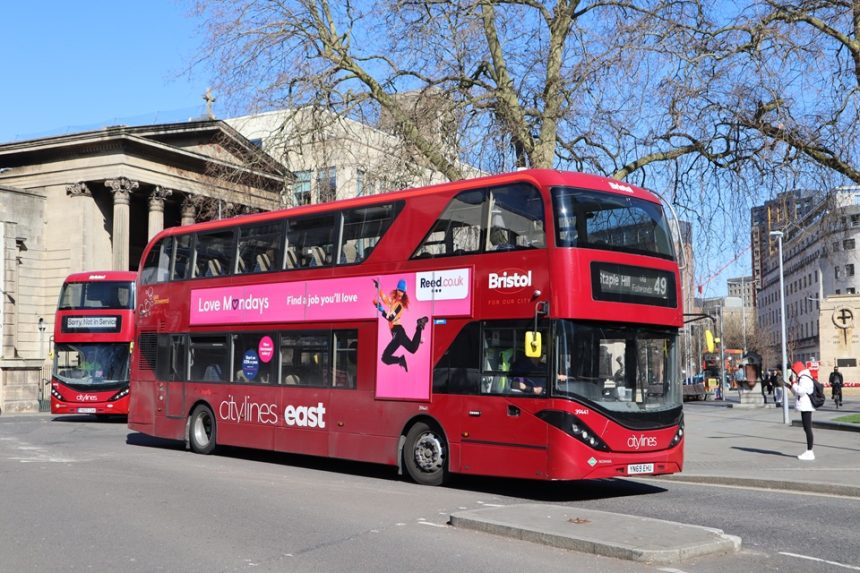The state of public finances will be the largest influence on future bus policy and practice, Confederation of Passenger Transport (CPT) Director of Policy and External Relations Alison Edwards told the ALBUM conference in Nottingham on 14 May.
That captures franchising efforts, decarbonisation and service delivery among other items. In England, the long-awaited spending review and its outcome is as crucial as any part of the Bus Services (No. 2) Bill, Ms Edwards observes.
She highlights how the bill’s approach to future bus policy will only be delivered with ongoing funding. CPT and ALBUM are lobbying hard for that certainty. While CPT does not anticipate significant change to how money is delivered to the sector in the medium-term, it is possible beyond that under the devolution agenda.
Nevertheless, Ms Edwards believes it is imperative for governments to grasp the value that investment in bus services delivers, as highlighted in 2024 by CPT through published research.
To maintain the bus service status quo in England, the Confederation estimates that around £250 million for operator BSOG and circa £500 million for local authorities will be required per annum. However, its calculation of what could come with a modest amount of additional money is perhaps most relevant to dialogue about the future.
CPT says that an approximately £205 million uplift per year would grow the bus network in England by around 5%. That would see an extra 1,500 buses delivering over 34 million extra passenger journeys and 50 million additional miles – with £500 million in economic benefits as payback.
Part of work to grow local control is removal of the ban on new municipal bus operators. It is key that those are not established by local authorities in a franchised environment “to circumvent… competition requirements and procurement law,” Ms Edwards continues.
The level playing field aspect under franchising must also capture SME operators, she adds. Such businesses may only be able to tender effectively if contracts are carefully designed.
“CPT has been working with ALBUM to put forward to government a number of ways in which it and local authorities can help SME involvement. Provision for off-the-shelf template policies that SMEs can take onboard. Smaller lot sizes with proportionate documentation. Residual value mechanisms, and joint ventures.”
Like other ALBUM conference speakers, Ms Edwards highlights the importance of SMEs to the zero-emission transition. Services in rural areas fall into a similar position.
She suggests that creation of the UK Bus Manufacturing Expert Panel shows how continuing the shift “is a topic of great interest to the government.” CPT and ALBUM will continue to make the case for such funding across the industry.



























